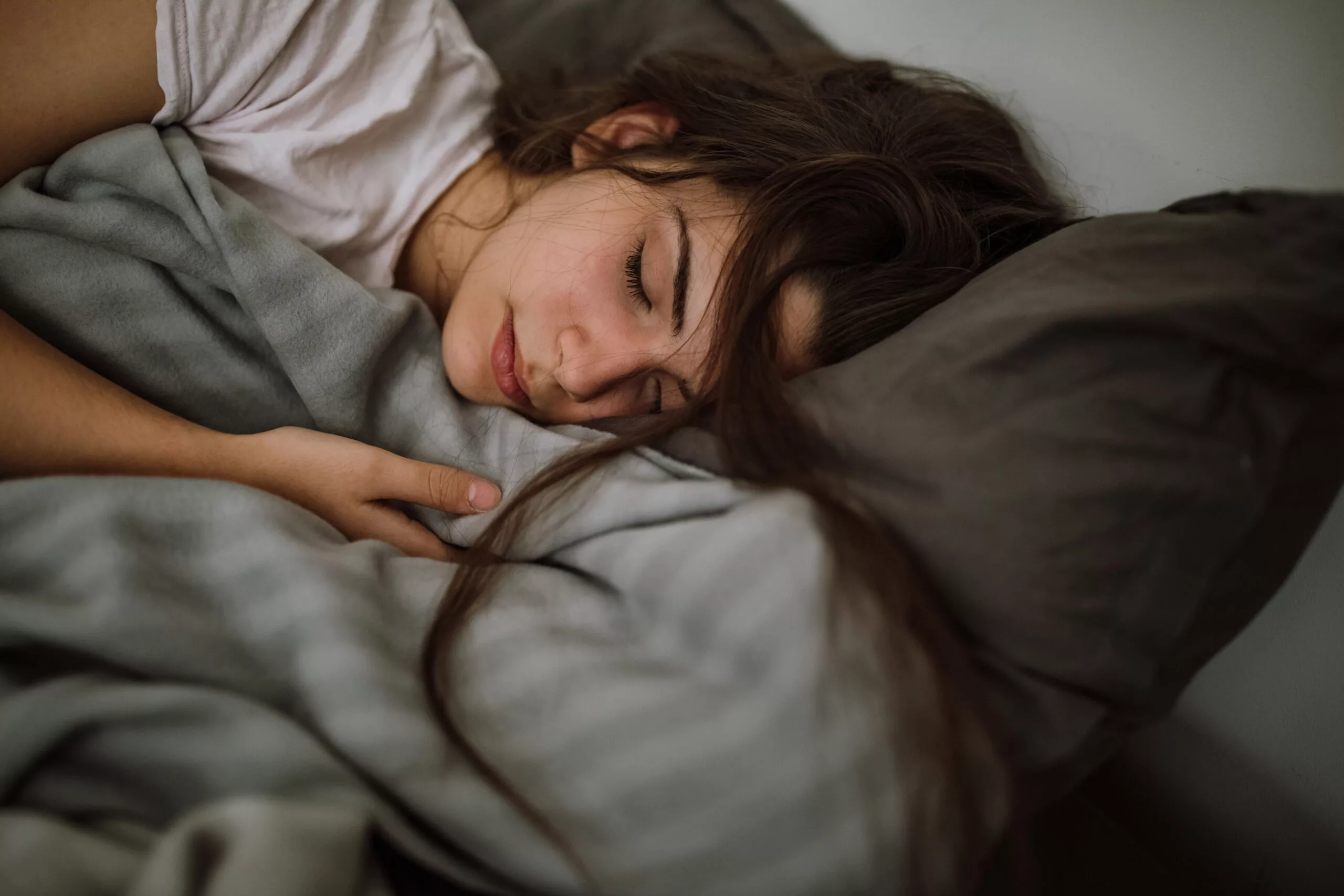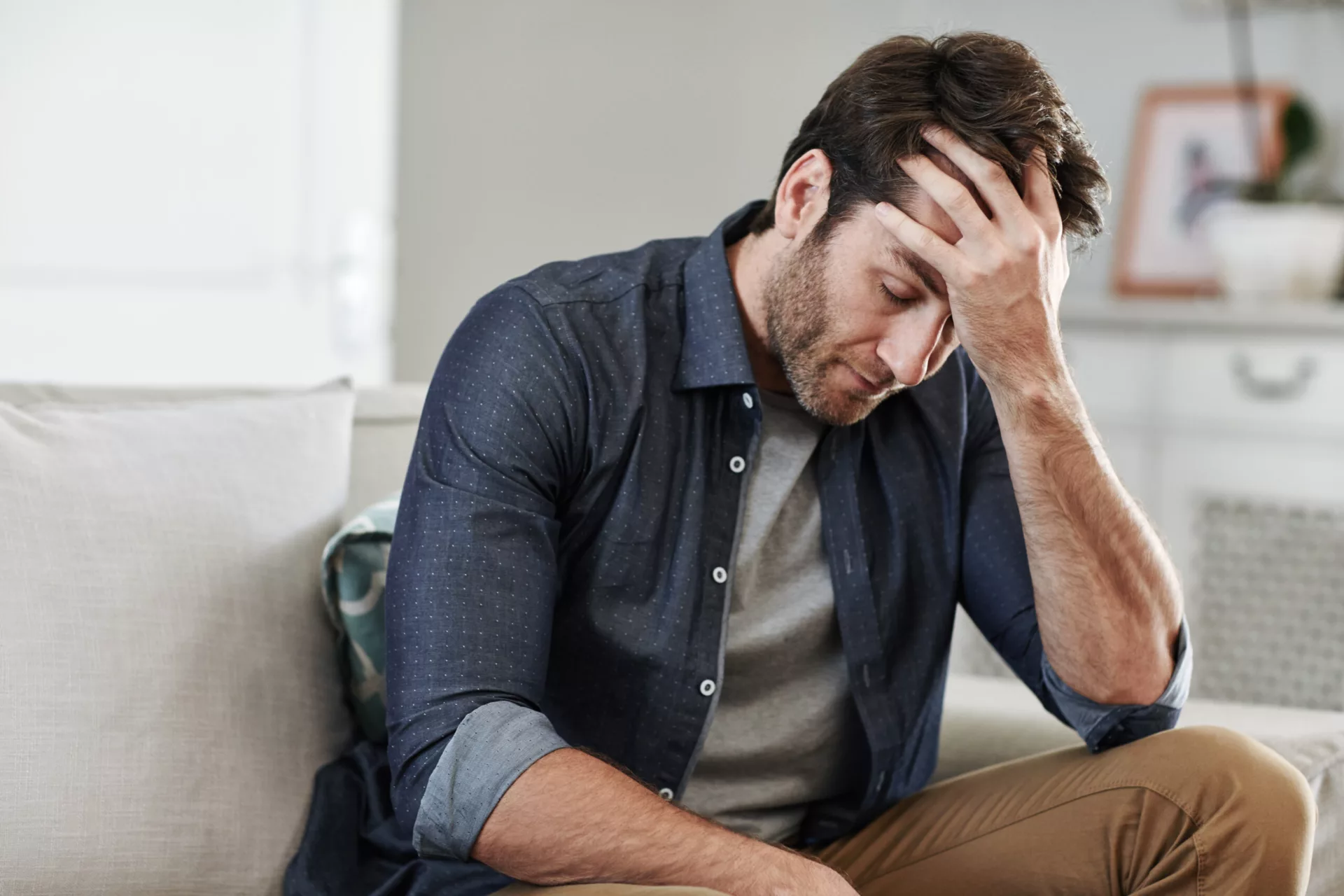
A Look at Alcohol’s Negative Effect on Sleep Quality
Drinking alcohol makes most people somewhat drowsy – it follows, then, that many would assume a drink or two before bed could help ease one into sleep and provide for a solid night’s rest.
Unfortunately, it doesn’t always work that way.
While it is true that alcohol does increase drowsiness, increased alcohol consumption worsens sleep quality overall and can lead to a restless night of tossing and turning, and not the peaceful relaxation for which you were hoping.
Does alcohol disrupt sleep?
Alcohol is a central nervous system depressant, meaning it works on the nervous system to decrease alertness and stimulate feelings of relaxation. While both of these things are important for initially drifting off to sleep, alcohol is linked to worsened insomnia and restless nights. This is because alcohol throws off normal sleep cycles.
According to the Sleep Foundation, a normal sleep cycle consists of four stages, with REM sleep being the fourth stage which begins about an hour and a half after initial sleep onset. The sleep cycle needs to enter into REM sleep, but alcohol often suppresses REM sleep during the first two cycles.
Alcohol quickens the stage of falling asleep because it makes the drinker drowsier, but this impedes the natural sleeping rhythm and creates an imbalance between the stage of slow-wave sleep and REM sleep. Not only will this likely cause you to wake up during the night repeatedly, but it will also decrease sleep duration overall.
Studies have shown this to be true:
- Sleep quality decreased by 9.3 percent for men who had fewer than two alcoholic drinks a day and women who had less than one a day
- For those consuming a moderate amount of alcohol daily (two servings for men and one for women), sleep quality decreased by 24 percent
- And for those consuming a generous amount of daily alcohol (more than one serving a day for men and more than one for women) sleep quality decreased by 39.2 percent
This does not mean alcohol cannot be consumed responsibly with a meal or socially for an event – what this does mean is that it should not be consumed to get a good night’s rest. Drinking a glass of water before bed would benefit you much more.
Alcohol and insomnia
Insomnia is a challenging inability to fall asleep and stay asleep – those who battle insomnia often lament the ability to ever feel fully rested, and therefore seek alternative methods to increase their ability to fall asleep. As seen above, however, alcohol can worsen sleep quality by interrupting natural cycles, thereby worsening insomnia.
Alcohol and sleep apnea
Another condition known as sleep apnea – where the muscles in the airways relax to the point of limiting air from getting to the lungs, causing choking and gasping – can also be worsened by drinking. Alcohol is a muscle relaxant, as is sleep, so doubling this muscle-relaxing effect on one already prone to sleep apnea can cause severe complications.
How to improve my sleep quality
If getting a good night’s sleep is something you struggle with routinely, it is important to steer clear of drinking before bed. Even though the thought of falling asleep quickly is appealing, it does not make up for the lack of sleep you will experience in the long run.
Instead, there are several beneficial methods and practices you can put into your sleep routine to help promote a sense of relaxation and increase sleep quality – naturally.
Turn off the blue light
Computers, tablets, phones and television screens should all be turned off at a minimum of 30 minutes before bed. Ideally, the hours before sleep should be free of screens to help decrease the awakeness blue light promotes. Plus, this then allows you more time to fill in with healthy bedtime habits.
Stop drinking alcohol four hours before bed
This is not always feasible, but the recommended period to stop drinking is four hours before you plan on going to sleep. This means alcohol can – usually – be safely consumed with dinner, but should be kept to a minimum amount: fewer than two drinks for men and no more than one drink for women.
Make your bed a space for sleep
Limiting other activities, like working from home, playing video games, etc. to other spaces in the house will leave space on your bed for sleeping. This means your brain will associate your bed as a place of rest, and will clue into the need to begin shutting down when you curl up for the night.
Create a bedtime routine
This could include a shower, skincare routine, time to read or journal, or straightening up the house to prep a fresh start for the next day. Maybe you wash all the dishes, prep your lunch and lay out an outfit for tomorrow. Whatever your routine consists of, it should foster the idea of closing one day and getting ready to rest for the next.
Seeking additional sleep help?
Whether you are battling an alcohol addiction and struggling with sleep, or can’t seem to get a good routine on your own regardless of other habits, help is available. To get in contact with someone today, reach out to Bluff Augusta by calling [phone_linked] to learn more.








